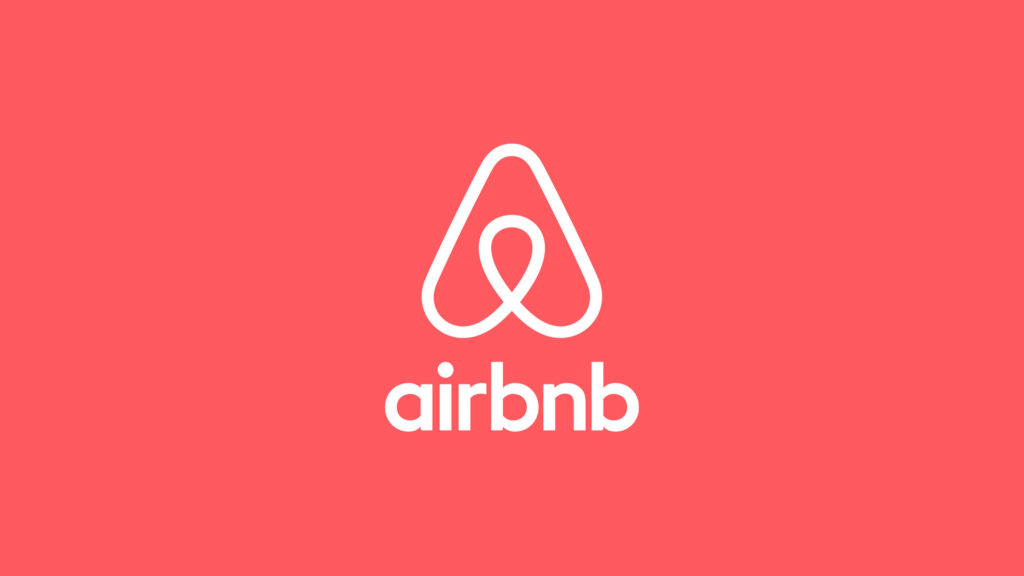With the summer holiday season kicking off you may be hoping to make a bit of extra cash whilst you’re away by renting out your room or home on Air BnB… but do you need to pay tax on your Air BnB income? We discuss the ins and outs of boosting your income with the room rental app here.
If you rent a property on Airbnb, your income may be subject to tax. May being the operative word since it depends on the amount you earn from hosting on whether or not you need to declare it to HM Revenue & Customs.
The rule is simple: You pay tax if you earn more than the threshold, and you’re exempted if you don’t. The threshold was £4,250 for the tax year 2015 to 2016 but nearly doubled from 6 April 2016 at £7,500. If you earn more than the threshold, you need to complete a tax return.
So if you pay taxes for the income you earn hosting an Airbnb property, does that mean you can also claim back tax? Yes, through rent-a-room relief that was introduced by the government in 1992. The existing rules, however, apply to short-term letting. But in summer 2017, changes could be made in support for long-term lodgings.
To date…
• You can claim ‘rent a room relief’ if you’re renting out a furnished room in your main or only residence and offer services, such as laundry or breakfast. If the property is jointly owned, the allowance for rent-a-room will be divided between you and the other owner.
• You can claim a Micro Entrepreneurs Allowance of £1,000 against your income rather than calculating the actual expenses and deducting it from your gross income to arrive at your taxable profit.
• You can rent out more than one room provided that you reside in the same property. If your income exceeds the threshold, you need file a UK self-assessment tax return and declare your rental income.Wondering if you’ve overpaid tax? Find out here

